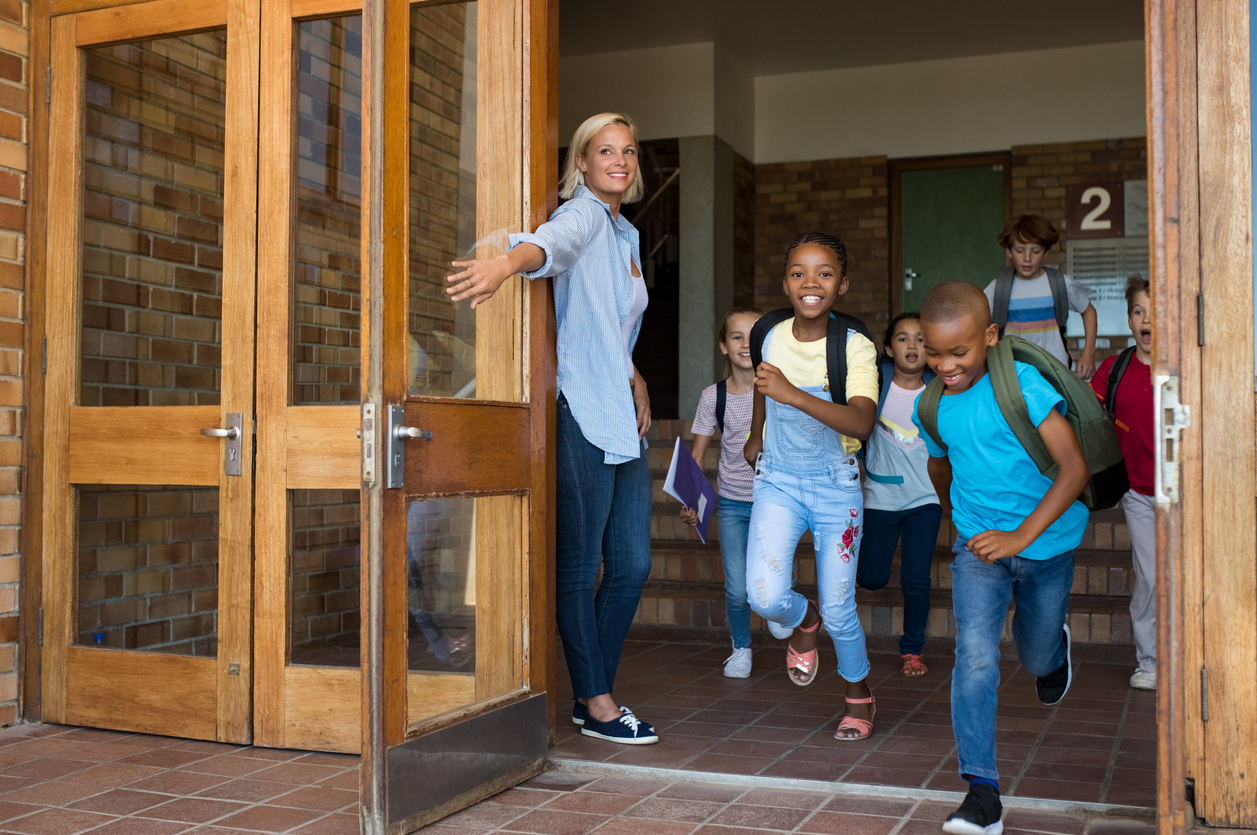2025-09-10
School break, mental boost: summer serving children’s well-being
Public Health and Social Medicine
By Lila Rouland | Published September 10, 2025 | 2 min read
#mentalhealth #children #summerprogram #youthwellbeing #publichealth
Summer holidays, while beneficial for rest, can also be a critical period for children’s mental health. The lack of routine, loneliness, and even food insecurity particularly affect children from disadvantaged backgrounds. This systematic review and meta-analysis examines the impact of summer programs on mental health, socio-emotional well-being, and cognitive functions in young people aged 5 to 18.
The analysis includes 26 studies (n = 6,812 participants) published after 2000. Interventions had to last at least five days and target non-clinical children. Outcomes were categorized into three domains:
Meta-analyses were performed when possible; otherwise, narrative analyses were used. Risk of bias was assessed with the PEDro scale.
These findings should be interpreted cautiously, as most studies carry a high risk of bias. Few included control groups, sample sizes were often small, and measurement tools heterogeneous. Moreover, the predominance of U.S.-based studies limits the generalizability of results to other contexts.
Summer programs emerge as an accessible and promising tool to support children’s mental health, especially in disadvantaged settings. Even modest impacts offer a valuable preventive opportunity during a high-risk period. With more rigorous studies and validated tools, such interventions could become a complementary pillar alongside school-based initiatives, helping reduce inequalities and strengthen the well-being of all children.
About the author – Lila Rouland
With dual expertise in science and marketing, Lila brings her knowledge to the service of healthcare innovation. After five years in international academic research, she transitioned into medical and scientific communication within the pharmaceutical industry. Now working as a medical writer and content developer, she is committed to highlighting scientific knowledge and conveying it to healthcare professionals with clarity and relevance.
#mentalhealth #children #summerprogram #youthwellbeing #publichealth
School break, mental boost: summer at the service of children’s well-being
Summer holidays, while beneficial for rest, can also be a critical period for children’s mental health. The lack of routine, loneliness, and even food insecurity particularly affect children from disadvantaged backgrounds. This systematic review and meta-analysis examines the impact of summer programs on mental health, socio-emotional well-being, and cognitive functions in young people aged 5 to 18.
Objectives and Methodology
The analysis includes 26 studies (n = 6,812 participants) published after 2000. Interventions had to last at least five days and target non-clinical children. Outcomes were categorized into three domains:
- Socio-emotional: empathy, behaviors, social skills.
- Cognition: memory, attention, executive functions.
- Mental health: anxiety, depression, psychological distress.
Meta-analyses were performed when possible; otherwise, narrative analyses were used. Risk of bias was assessed with the PEDro scale.
Key Findings
Mental health
- Two studies reported a non-significant reduction in anxiety and depression symptoms (SMD = −0.17).
- A moderate but non-significant improvement in psychological distress was observed (SMD = −0.46).
- Overall, the analyses suggest a favorable trend for psychological well-being.
Self-esteem and self-perception
- No measurable effects on self-esteem or self-worth in meta-analyses.
- However, improvements were noted in confidence, perceived competence, and identity, particularly among disadvantaged children.
Socio-emotional skills
- Fourteen studies showed improvements in empathy, conflict resolution, and socialization.
- Some mixed results regarding externalizing behaviors and bullying.
- Overall, effects were positive but varied depending on the tools and populations studied.
Cognition
- Three studies demonstrated gains in memory and executive functions, particularly through activities such as yoga or nature-based programs.
Which programs work best?
- Day programs: more effective than residential camps for mental health and social skills.
- Generalist content (sports, leisure): yielded better results for mental health than targeted programs.
- Short programs (1–2 weeks): effective for cognition.
- Family-funded programs: linked to slight improvements in social interactions.
Methodological limitations
These findings should be interpreted cautiously, as most studies carry a high risk of bias. Few included control groups, sample sizes were often small, and measurement tools heterogeneous. Moreover, the predominance of U.S.-based studies limits the generalizability of results to other contexts.
Public health perspectives
Summer programs emerge as an accessible and promising tool to support children’s mental health, especially in disadvantaged settings. Even modest impacts offer a valuable preventive opportunity during a high-risk period. With more rigorous studies and validated tools, such interventions could become a complementary pillar alongside school-based initiatives, helping reduce inequalities and strengthen the well-being of all children.
Read next: Holidays that heal
About the author – Lila Rouland
Doctor of Oncology, specialized in Biotechnology and Management

Last press reviews
Work motivation: the power of autonomy

By Ana Espino | Published on February 25, 2026 | 3 min read<br><br>Q...
Chronic pain in women: exploring the immune pathway

By Elodie Vaz | Published on February 24, 2026 | 3 min read<br>
Type 1 Diabetes: “Cyborg” transplants to restore the pancreas

By Elodie Vaz | Published on February 24, 2026 | 3 min read<br>